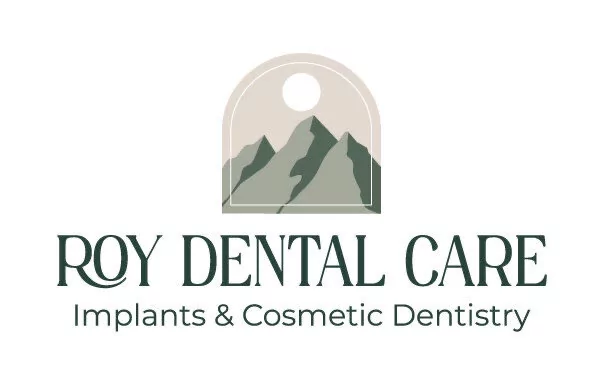I’m Reggie Whitaker of Roy Dental Care. Today’s post offers some answers to persistent questions about bad breath.
Q. My wife says my breath is awful, but I brush twice a day. Shouldn’t that be enough?
A. Bacteria can increase and stink in hidden crevices that can only be reached with floss. Time to start flossing. If your breath hasn’t improved in a few months, make an appointment so we can explore other possible causes of your halitosis.
Also, keep in mind that brushing just the teeth may not get rid of food particles between the teeth and up in the gums. Gently brushing the gums, sides of the mouth, and the tongue in addition to the teeth may make the difference.
Q. My breath seems to get worse during hay fever season. What’s up with that?
A. Allergies can change mouth odor in a couple of ways. First, anything that stimulates post-nasal drip can be a trigger because bacteria at the back of the throat mix with the mucous and expends a smelly odor as it breaks down. Second, hay fever medications often cause dry mouth which can lead to gross breath. Antihistamines can curtail post-nasal drip so this is a catch-22. If you take antihistamines, drink water frequently throughout the day to keep your mouth moist, suck on sugar-free mints to stimulate saliva production, and rinse with a non-alcohol mouth rinse.
Q. What health conditions can lead to bad breath?
A. As discussed before, any condition that lowers saliva creation can cause halitosis. It is also a persistent side effect of diabetes, kidney failure, and liver failure. Of course, if your kidneys or liver is failing, you have bigger problems.
Q. Why did my breath become offensive when I went on a strict low-carb diet?
A. Ketones were possibly the culprit. Ketones are generated when the body digests fat—which is usually the goal of a low-carb plan. On the flip side, sounds like you weren’t cheating!
Contact Roy Dental Care:
801-776-2806
Location (Tap to open in Google Maps):
4902 S 1900 W Ste 4
Roy, Utah
84067


